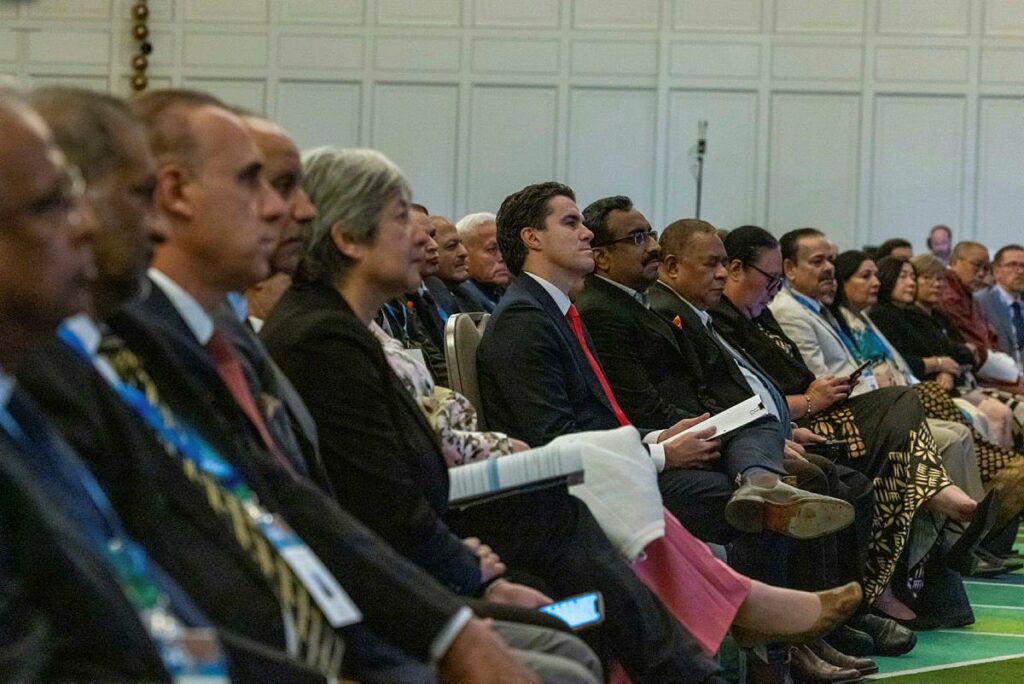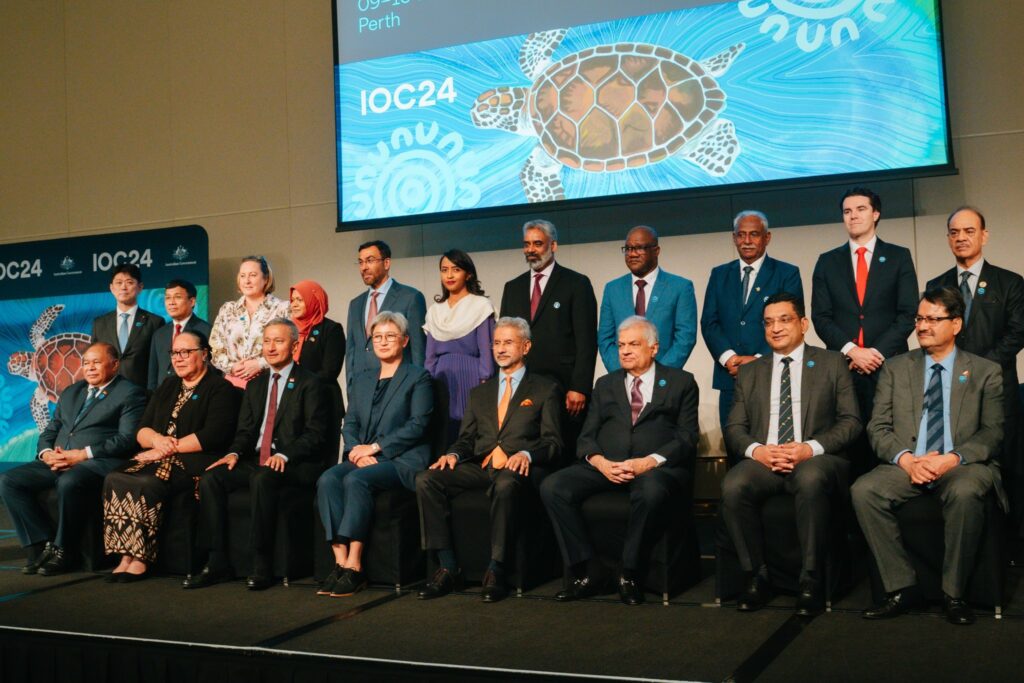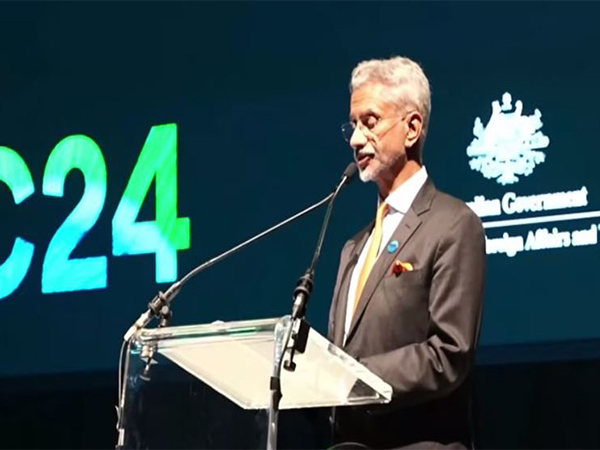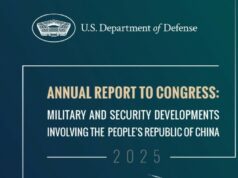External Affairs Minister S Jaishankar underscored some major concerns about China without ever naming it, during his keynote address at the 7th Indian Ocean Conference in Perth, Australia on Friday.
“As we gaze at the Indian Ocean the challenges besetting the world are on full display here. We see conflicts, threats to maritime traffic, piracy and terrorism,” he noted, pointing out that “There are challenges to international law, concern about freedom of navigation and overflights and of safeguarding sovereignty and independence. Any disregard for arduously negotiated agreements like UNCLOS 1982 is naturally disturbing.”
Calling for greater coordination and cooperation among Indian Ocean states to tackle these threats, he noted “gray areas” of various kinds such as climate change and natural disasters. Disruptive events are occurring with greater frequency, he warned.

Add to that the normal which “can be manipulated”, leading to “unsustainable debt, opaque lending practices and injudicious choices.” The expansion of connectivity “with strategic intent has emerged as a growing anxiety for Indian Ocean states.”
Current forms of globalisation with its over concentration on manufacturing and technology are creating supply side risks “as well as the possibility of leveraging. The need is to disperse production across more geographies … The experiences during the Covid pandemic has powerful lessons that we ignore only at our own peril,” he noted.
The digital era and the emergence of artificial intelligence has put a premium on trust and transparency, he said and asked whether Indian Ocean states should pursue more collective self-reliance “or remain as vulnerable as in the past”.
He lauded the web of Indian Ocean oriented groupings such as the IO Rim Association, Colombo Security Conclave and others. India he noted, has joined or initiated as many as 36 plurilateral groups in different domains and urged “lateral land based connectivity across the India Ocean region”.
He said India’s Indo-Pacific Oceans Initiative (IPOI) of 2019 seeks to manage, conserve and sustain the maritime domain. Here Australia has led on maritime ecology, the UK on maritime security and France and Indonesia on maritime resources. Italy has added to the IPOI by taking the lead in science and tech while Germany is helping in capacity building.
He also touched on the Quad, BIMSTEC and India’s outreach to the Pacific Islands.

(With inputs from Nitin A. Gokhale in Perth)
Thirty eight years in journalism, widely travelled, history buff with a preference for Old Monk Rum. Current interest/focus spans China, Technology and Trade. Recent reads: Steven Colls Directorate S and Alexander Frater's Chasing the Monsoon. Netflix/Prime video junkie. Loves animal videos on Facebook. Reluctant tweeter.





